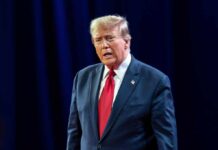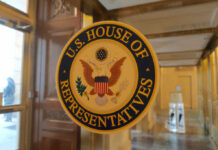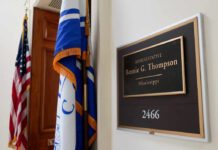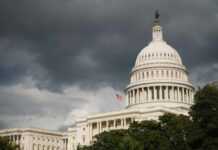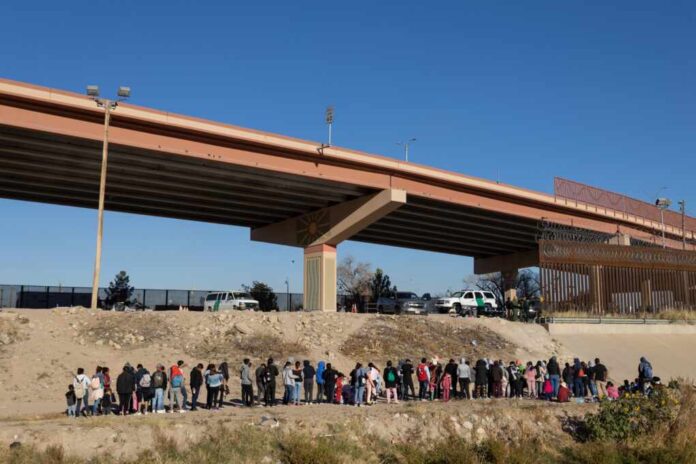
Angus Deaton, a Nobel Prize-winning economist and professor at Princeton University, has changed his mind after previously subscribing to the idea that immigration into the U.S. was a good thing for the American economy.
2015 Nobel Prize winner in Economics for his analysis on consumption, poverty, and welfare, and the person to coin the term ‘deaths of despair’ with his wife (also an economist), Sir Angus Deaton has now changed his tune on immigration and believes it’s creating great inequality. pic.twitter.com/vCcGhkYShK
— U.S. Tech Workers (@USTechWorkers) March 11, 2024
Deaton wrote an article published by the International Monetary Fund (IMF) entitled “Rethinking My Economics,” in which he admits to changing his mind from the prevailing economic thought that immigration is a positive economic thing for America.
“I used to subscribe to the near consensus among economists that immigration to the US was a good thing,” Deaton wrote. “Longer-term analysis over the past century and a half tells a different story.”
“Inequality was high when America was open [to immigration], was much lower when the borders were closed [to immigrants], and rose again post Hart-Celler (the Immigration and Nationality Act of 1965) as the fraction of foreign-born people rose back to its levels in the Gilded Age,” he added.
Deaton won the Nobel prize based on a paper he co-authored with his wife entitled “Rising morbidity and mortality in midlife among white non-Hispanic Americans in the 21st century.” They concluded that the death rate of the white, middle-aged demographic was rising while in all other demographics, the death rate was shrinking.
Deaton’s findings made their way into mainstream politics and he became a prominent and well-respected economic analyst.
The prominent economist’s beliefs on free trade and globalization also began moving to the right in his most recent writing.
“I am much more skeptical of the benefits of free trade to American workers and am even skeptical of the claim, which I and others have made in the past, that globalization was responsible for the vast reduction in global poverty over the past 30 years,” Deaton wrote.
Deaton’s change of mind may come as a shock to left-leaning lawmakers, but it may give other economists the freedom to change their minds and go where facts and reality lead them.
“Economists could benefit by greater engagement with the ideas of philosophers, historians, and sociologists, just as Adam Smith once did. The philosophers, historians, and sociologists would likely benefit too,” Deaton wrote in closing.



